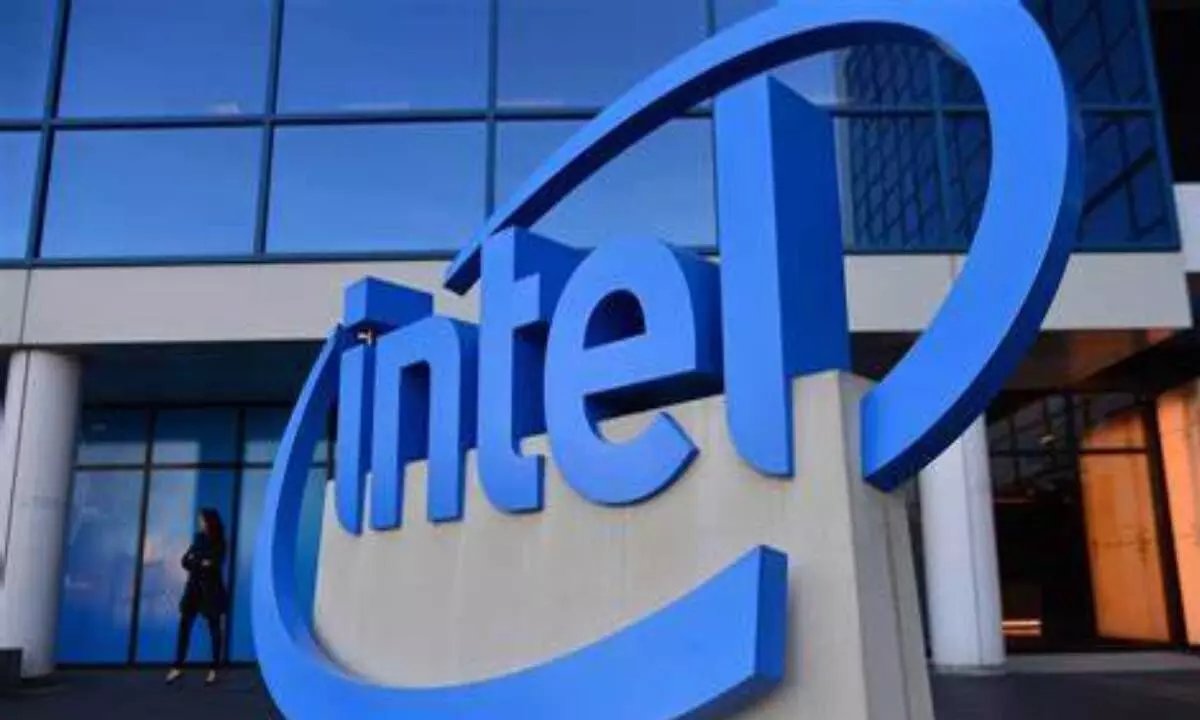Intel delays $20 bn semiconductor factory over US Chips Act
Intel has reportedly delayed plans to build its $20 billion semiconductor factory in the US over CHIPS Act, a $52 billion funding package for domestic chip manufacturing.
image for illustrative purpose

San Francisco, June 24 Intel has reportedly delayed plans to build its $20 billion semiconductor factory in the US over CHIPS Act, a $52 billion funding package for domestic chip manufacturing.
The chip-maker told ZDNet that it's not going ahead with the groundbreaking of Ohio facility as of now due to the ongoing delay of the CHIPS Act.
"Unfortunately, CHIPS (Creating Helpful Incentives to Produce Semiconductors) Act funding has moved more slowly than we expected and we still don't know when it will get done," Intel said in a statement on Thursday.
"It is time for Congress to act so we can move forward at the speed and scale we have long envisioned for Ohio and our other projects to help restore US semiconductor manufacturing leadership and build a more resilient semiconductor supply chain," the chip-maker informed late on Thursday.
Intel, however, said it still plans to begin construction on the project this year, and manufacturing should start by 2025.
The US Senate passed a version of the bill last year, but it has yet to get approval from President Joe Biden.
Earlier this year, Keyvan Esfarjani, Intel senior vice president of Manufacturing, Supply Chain and Operations, had said that the "scope and pace of Intel's expansion in Ohio, however, will depend heavily on funding from the CHIPS Act."
Intel in January announced to invest more than $20 billion to build two new factories in the US for advanced chipmaking, as the world grapples with semiconductor shortage.
The initial phase of the project in New Albany near Columbus, Ohio, is expected to create 3,000 Intel jobs and 7,000 construction jobs over the course of the build, and to support tens of thousands of additional local long-term jobs across a broad ecosystem of suppliers and partners.
"Intel's actions will help build a more resilient supply chain and ensure reliable access to advanced semiconductors for years to come," said Pat Gelsinger, CEO of Intel.
"These factories will create a new epicentre for advanced chipmaking in the U.S. that will bolster Intel's domestic lab-to-fab pipeline and strengthen Ohio's leadership in research and high tech," he added.
Production is expected to come online in 2025, when the fab will deliver chips using the industry's most advanced transistor technologies.

